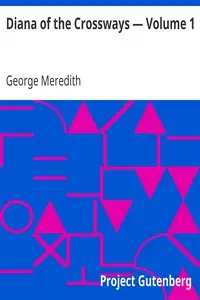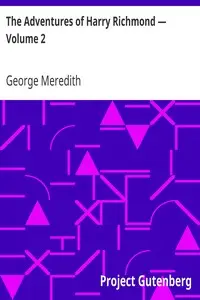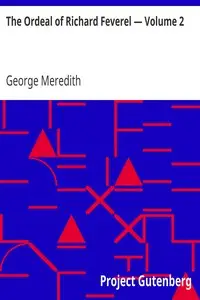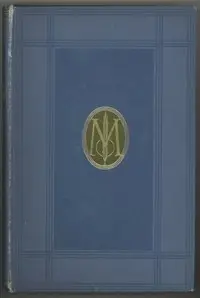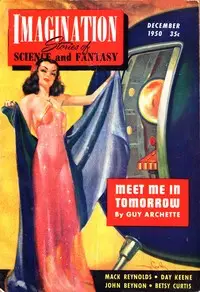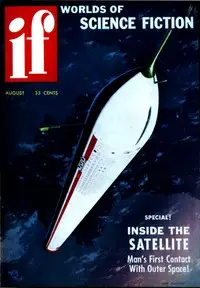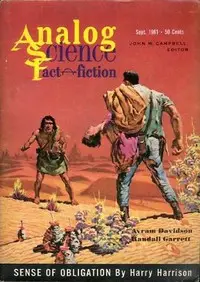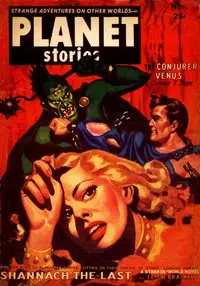** "The Shaving of Shagpat; an Arabian entertainment — Volume 1" by George Meredith is a fanciful story about Shibli Bagarag, a barber’s nephew, whose life takes an unexpected turn when approached by a mysterious old woman. She proposes that Shibli can find greatness by shaving Shagpat, an extraordinarily hairy man both celebrated and scorned for his unique feature. Initially hesitant due to his hunger and lack of professional respect, and facing several setbacks, Shibli grows determined to take on the challenge. This sets in motion a wild pursuit and a chaotic meeting with Shagpat, launching Shibli into a comical and imaginative adventure that examines ambition, identity, and unpredictable fortune with sharp wit and vibrant descriptions. **

The Shaving of Shagpat; an Arabian entertainment — Volume 1
By George Meredith
** A down-on-his-luck barber's nephew is thrust into a bizarre quest to shave the hair of a legend, leading to a whirlwind adventure.
Summary
About the AuthorGeorge Meredith was an English novelist and poet of the Victorian era. At first, his focus was poetry, influenced by John Keats among others, but Meredith gradually established a reputation as a novelist. The Ordeal of Richard Feverel (1859) briefly scandalised Victorian literary circles. Of his later novels, the most enduring is The Egoist (1879), though in his lifetime his greatest success was Diana of the Crossways (1885). His novels were innovative in their attention to characters' psychology, and also portrayed social change. His style, in both poetry and prose, was noted for its syntactic complexity; Oscar Wilde likened it to "chaos illumined by brilliant flashes of lightning". Meredith was an encourager of other novelists, as well as an influence on them; among those to benefit were Robert Louis Stevenson and George Gissing. Meredith was nominated for the Nobel Prize in Literature seven times.
George Meredith was an English novelist and poet of the Victorian era. At first, his focus was poetry, influenced by John Keats among others, but Meredith gradually established a reputation as a novelist. The Ordeal of Richard Feverel (1859) briefly scandalised Victorian literary circles. Of his later novels, the most enduring is The Egoist (1879), though in his lifetime his greatest success was Diana of the Crossways (1885). His novels were innovative in their attention to characters' psychology, and also portrayed social change. His style, in both poetry and prose, was noted for its syntactic complexity; Oscar Wilde likened it to "chaos illumined by brilliant flashes of lightning". Meredith was an encourager of other novelists, as well as an influence on them; among those to benefit were Robert Louis Stevenson and George Gissing. Meredith was nominated for the Nobel Prize in Literature seven times.








